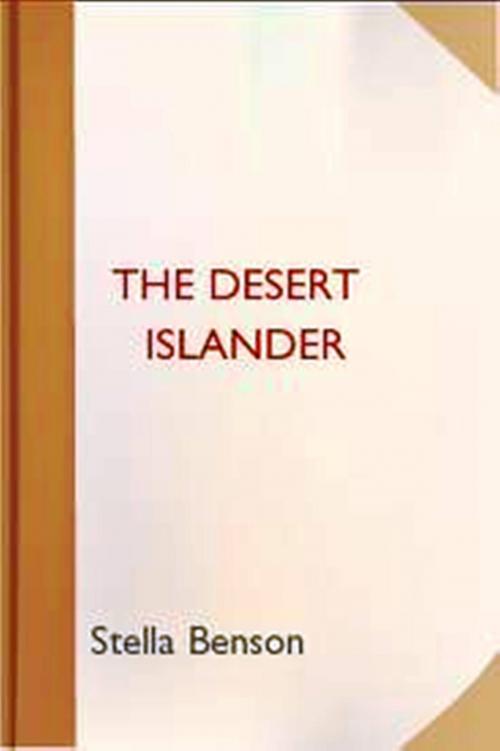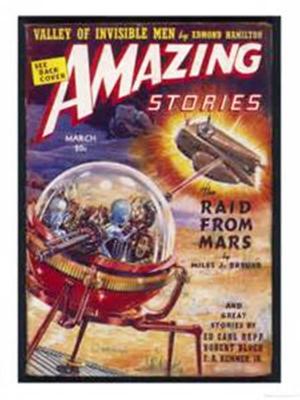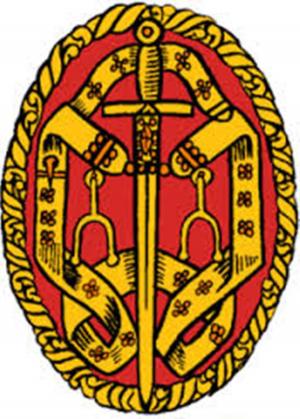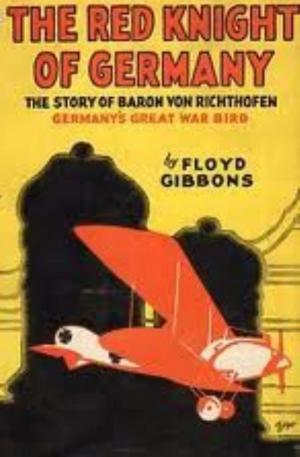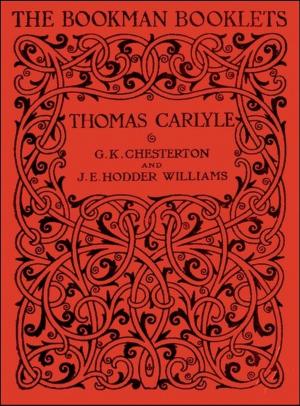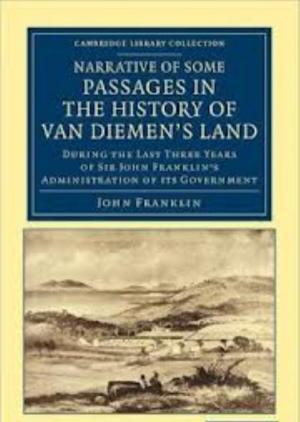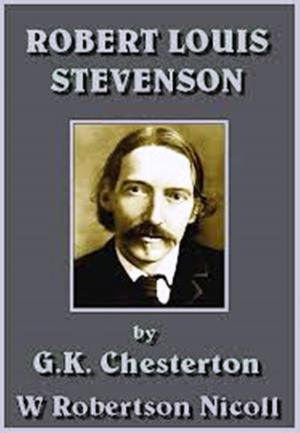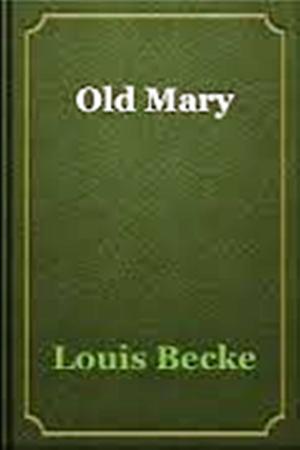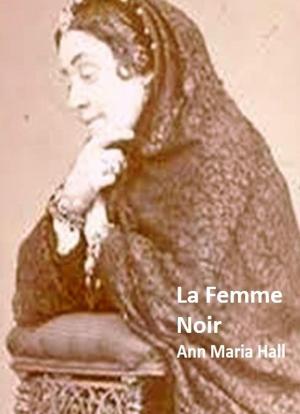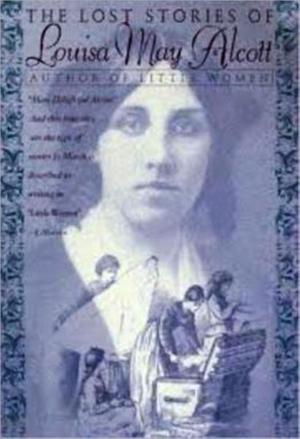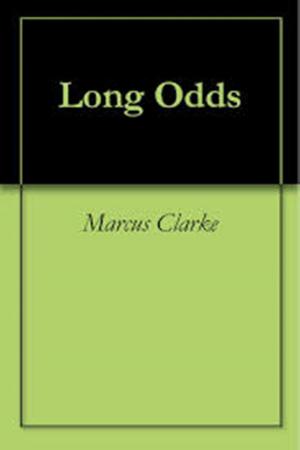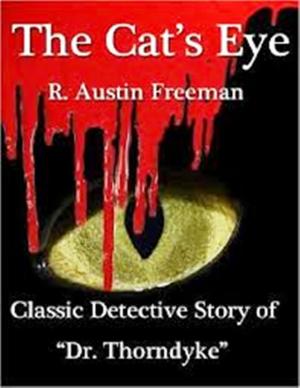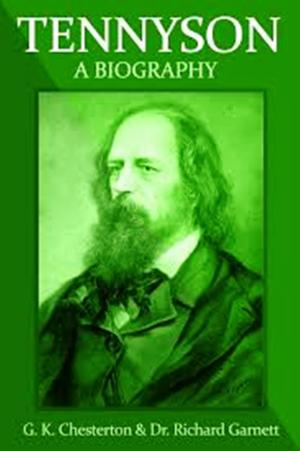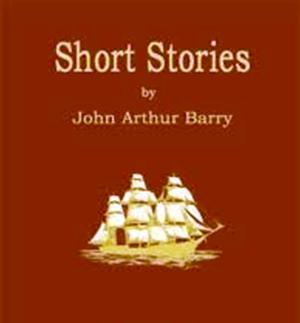| Author: | Stella Benson | ISBN: | 1230000140780 |
| Publisher: | WDS Publishing | Publication: | June 10, 2013 |
| Imprint: | Language: | English |
| Author: | Stella Benson |
| ISBN: | 1230000140780 |
| Publisher: | WDS Publishing |
| Publication: | June 10, 2013 |
| Imprint: | |
| Language: | English |
As Constantine stumped in on his hobnailed soles, Mr. White--who was evidently not a very tactful man--said, "Oh, are you another deserter from the Foreign Legion?"
"I am Constantine Andreievitch Soloviev," said Constantine, surprised. He spoke and understood English almost perfectly (his mother had been English), yet he could not remember ever having heard the word another applied to himself. In fact it did not--could not possibly--so apply. There was only one of him, he knew.
Of course, in a way there was some sense in what this stupid Englishman said. Constantine had certainly been a légionnaire in Tonkin up till last Thursday--his narrow pipe-clayed helmet, stiff khaki greatcoat, shabby drill uniform, puttees, brass buttons, and inflexible boots were all the property of the French Government. But the core--the pearl inside this vulgar, horny shell--was Constantine Andreievitch Soloviev. That made all the difference.
Constantine saw that he must take this Didymus of an Englishman in hand at once and tell him a few exciting stories about his dangerous adventures between the Tonkin border and this Chinese city. Snakes, tigers, love-crazed Chinese princesses and brigands passed rapidly through his mind, and he chose the last, because he had previously planned several impressive things to do if he should be attacked by brigands. So now, though he had not actually met a brigand, those plans would come in useful. Constantine intended to write his autobiography some day when he should have married a rich wife and settled down. Not only did his actual life seem to him a very rare one but, also, lives were so interesting to make up.
Constantine was a desert islander--a spiritual Robinson Crusoe. He made up everything himself and he wasted nothing. Robinson Crusoe was his favourite book--in fact, almost the only book he had ever read--and he was proud to be, like his hero, a desert islander. He actually preferred clothing his spirit in the skins of wild thoughts that had been the prey of his wits and sheltering it from the world's weather in a leaky hut of his brain's own contriving, to enjoying the good tailoring and housing that dwellers on the mainland call experience and education. He enjoyed being barbarous, he enjoyed living alone on his island, accepting nothing, imitating nothing, believing nothing, adapting himself to nothing--implacably home-made. Even his tangible possessions were those of a marooned man rather than of a civilized citizen of this well-furnished world. At this moment his only luggage was a balalaika that he had made himself out of cigar-boxes, and to this he sang songs of his own composition--very imperfect songs. He would not have claimed that either his songs or his instrument were better than the songs and instruments made by song-makers and balalaika-makers; they were, however, much more rapturously his than any acquired music could have been and, indeed, in this as in almost all things, it simply never occurred to him to take rather than make. There was no mainland on the horizon of his desert island.
As Constantine stumped in on his hobnailed soles, Mr. White--who was evidently not a very tactful man--said, "Oh, are you another deserter from the Foreign Legion?"
"I am Constantine Andreievitch Soloviev," said Constantine, surprised. He spoke and understood English almost perfectly (his mother had been English), yet he could not remember ever having heard the word another applied to himself. In fact it did not--could not possibly--so apply. There was only one of him, he knew.
Of course, in a way there was some sense in what this stupid Englishman said. Constantine had certainly been a légionnaire in Tonkin up till last Thursday--his narrow pipe-clayed helmet, stiff khaki greatcoat, shabby drill uniform, puttees, brass buttons, and inflexible boots were all the property of the French Government. But the core--the pearl inside this vulgar, horny shell--was Constantine Andreievitch Soloviev. That made all the difference.
Constantine saw that he must take this Didymus of an Englishman in hand at once and tell him a few exciting stories about his dangerous adventures between the Tonkin border and this Chinese city. Snakes, tigers, love-crazed Chinese princesses and brigands passed rapidly through his mind, and he chose the last, because he had previously planned several impressive things to do if he should be attacked by brigands. So now, though he had not actually met a brigand, those plans would come in useful. Constantine intended to write his autobiography some day when he should have married a rich wife and settled down. Not only did his actual life seem to him a very rare one but, also, lives were so interesting to make up.
Constantine was a desert islander--a spiritual Robinson Crusoe. He made up everything himself and he wasted nothing. Robinson Crusoe was his favourite book--in fact, almost the only book he had ever read--and he was proud to be, like his hero, a desert islander. He actually preferred clothing his spirit in the skins of wild thoughts that had been the prey of his wits and sheltering it from the world's weather in a leaky hut of his brain's own contriving, to enjoying the good tailoring and housing that dwellers on the mainland call experience and education. He enjoyed being barbarous, he enjoyed living alone on his island, accepting nothing, imitating nothing, believing nothing, adapting himself to nothing--implacably home-made. Even his tangible possessions were those of a marooned man rather than of a civilized citizen of this well-furnished world. At this moment his only luggage was a balalaika that he had made himself out of cigar-boxes, and to this he sang songs of his own composition--very imperfect songs. He would not have claimed that either his songs or his instrument were better than the songs and instruments made by song-makers and balalaika-makers; they were, however, much more rapturously his than any acquired music could have been and, indeed, in this as in almost all things, it simply never occurred to him to take rather than make. There was no mainland on the horizon of his desert island.
